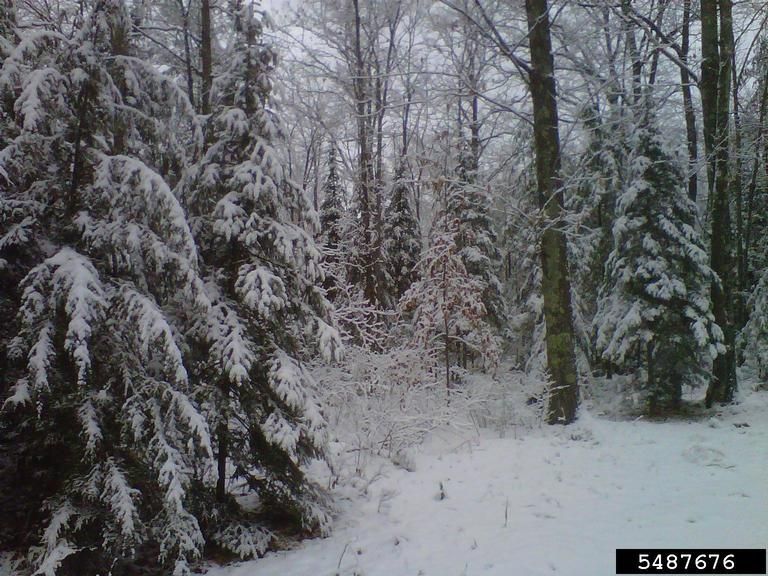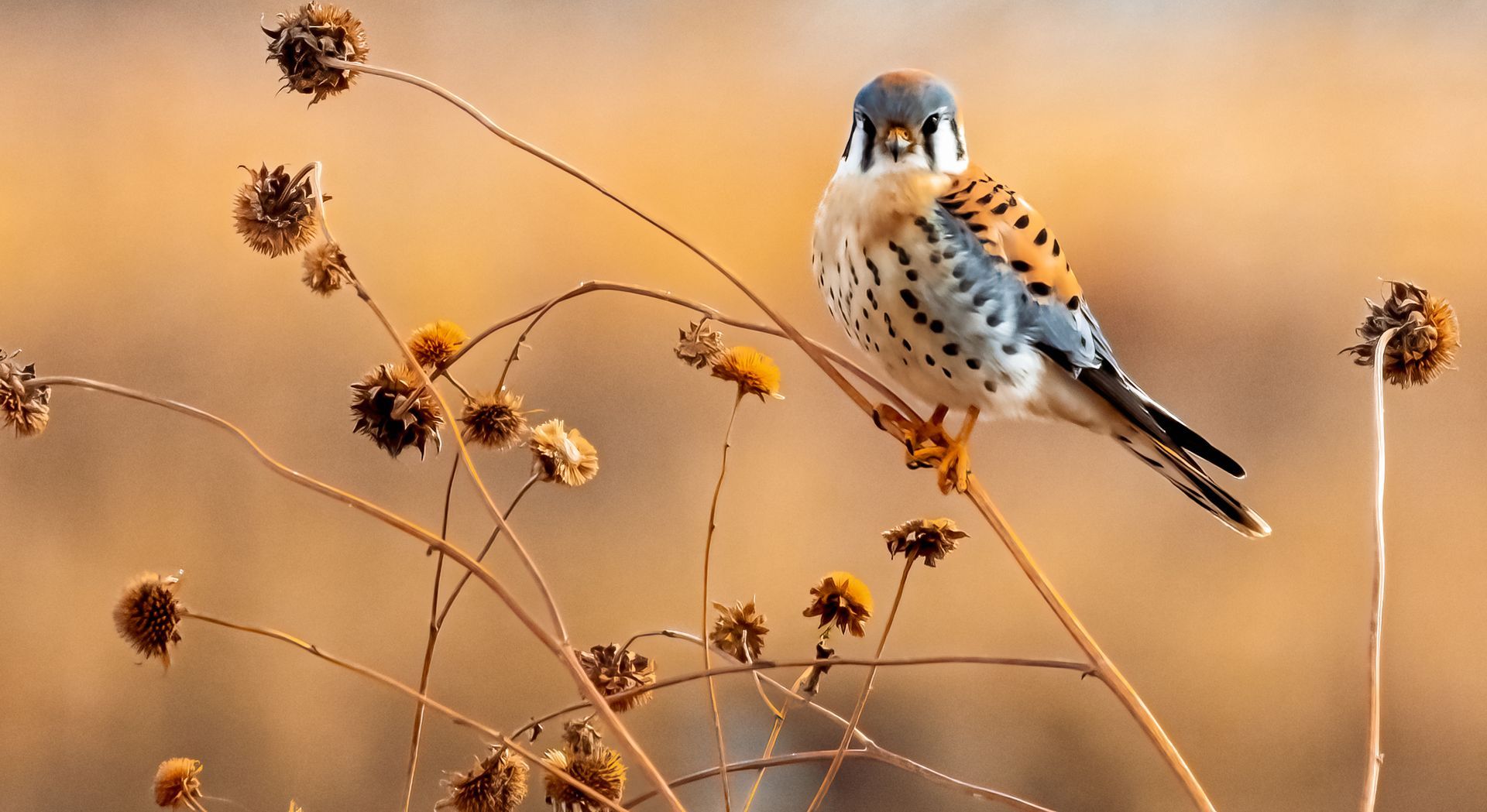A slippery slope: Kalamazoo County Commission set to vote on ‘wildlife killing contests’
Kalamazoo County commissioners are poised to vote on a proclamation Tuesday “opposing wildlife killing contests and asking Michigan policymakers to ban them.”
Passage of the proclamation would not limit hunting contests or any other hunting activity in Kalamazoo County — it is a statement of position. The Natural Resources Commission (NRC) has the exclusive authority over the manner and method of take of game species in Michigan.
The proclamation was introduced by Commissioner Mike Quinn (D-10 District) and supported by numerous anti-hunting organizations, including The Humane Society of the United States (HSUS), the Detroit Zoological Society, Michigan Audubon, Michigan Humane, various local humane societies and Sierra Club, among others. Sen. Sean McCann (D-Kalamazoo) and Rep. Christine Morse (D-Portage) joined in supporting this proclamation as well.
A major concern regarding the proclamation is the absence of a widely accepted definition of the phrase “wildlife killing contest” among the scientific fish and wildlife management community. While much of the proclamation’s claims specifically reference predator-hunting competitions, the absence of a scientifically accepted definition begs the question of what other events are slated to be lumped into the anti-hunters’ definition of “wildlife killing contests.”
Michigan United Conservation Clubs (MUCC) Executive Director Amy Trotter said using the term “wildlife killing contests” is a slippery slope, and it is a concerted effort to gain public support banning hunting contests in general.
“Broad language evoking negative connotations is a tactic often used by anti-hunting organizations seeking to circumvent state laws and sound scientific principles,” Trotter said. “Where does the slippery slope end? Anti-hunting advocates have already taken aim at youth small game hunting contests . Are dog hunt tests that use live ducks or birds next? Will buck poles be banned? Fishing tournaments? These are attempts to slowly chip away at Michigan’s rich outdoor heritage and sporting traditions.”
The term “trophy hunter” is included in the resolution, and it is a term that has been used by HSUS and other anti-hunting organizations at NRC meetings to describe anyone who legally pursues game in Michigan — whether it be small game, big game or predators.
MUCC supports predator-hunting contests per a 2020 member-passed resolution as legal hunting opportunities that promote the benefits of R3 (recruitment, retention and reactivation), reinforce the social and community aspects of hunting and bring economic benefits to local communities.
The MUCC resolution states that the organization will work with its affiliate clubs on best management practices for public relations surrounding contests and that the organization continue to support the use of fur as a legitimate driver of wildlife management and that these contests should be encouraged to utilize the fur and wild game to its fullest extent.
The county proclamation egregiously makes the comparison that contests for “trophy deer” or “big buck” competitions aren’t included because “Michigan deer are hunted only under strict regulation that dictate seasons, methods of take and bag limits.” Strict regulations, including the manner and method of take, also apply to predator hunting in Michigan.
State managers have recommended the liberalized season for coyotes because there has not been scientific evidence presented that previous restrictions were necessary.
Furthermore, the proclamation claims that these contests pose a threat to the safety and wellbeing of Michigan’s public land users — users that directly benefit from hunting license dollars that are used to purchase and manage the vast majority of public lands in Michigan.
These public lands, generally, are required to remain open to legal methods of hunting first and foremost. And they are to be managed for the benefit of all game and nongame species using hunter dollars and excise taxes collected from the sale of ammunition and firearms. Uses such as hiking, dog walking (which is illegal on State Game Areas off-lead unless in pursuit of game or training a dog for the pursuit of game) and horseback riding, all of which are noted in the proclamation, are secondary recreational opportunities on most state-owned lands.
Merle Jones, who lives in Oshtemo Township in Kalamazoo County, brought this proclamation to the attention of MUCC. Jones expressed the need for science to drive these conversations — not emotional rhetoric.
“In terms of science, which we use to manage our natural resources, it doesn’t matter in what venue a predator is taken. The animal doesn’t know the difference,” Jones said. “The NRC sets regulations based on the best available science and recommendations from the DNR, and those regulations are followed during predator-hunting contests.”
Letters of support for the proclamation make general claims asserting that hunters and wildlife managers support ending predator-hunting contests; however, no scientific evidence was presented to prove this claim in the support letters.
The NRC, working with the Michigan Department of Natural Resources (DNR), sets regulations that apply to predator hunting using the best available science. A base license is required to hunt coyotes in Michigan through most of the year; however, a fur harvester license is also required to hunt coyotes immediately before firearm deer season or for trapping.
It is a misdemeanor offense in Michigan to harass hunters and those engaged in hunting contests.
“ Michigan law prohibits individuals from obstructing or interfering with the lawful taking of animals,” according to the DNR website. “The DNR supports hunting as a legitimate form of recreation and as a useful tool in the management of the wildlife resource.”



